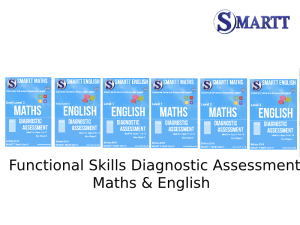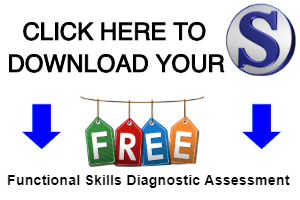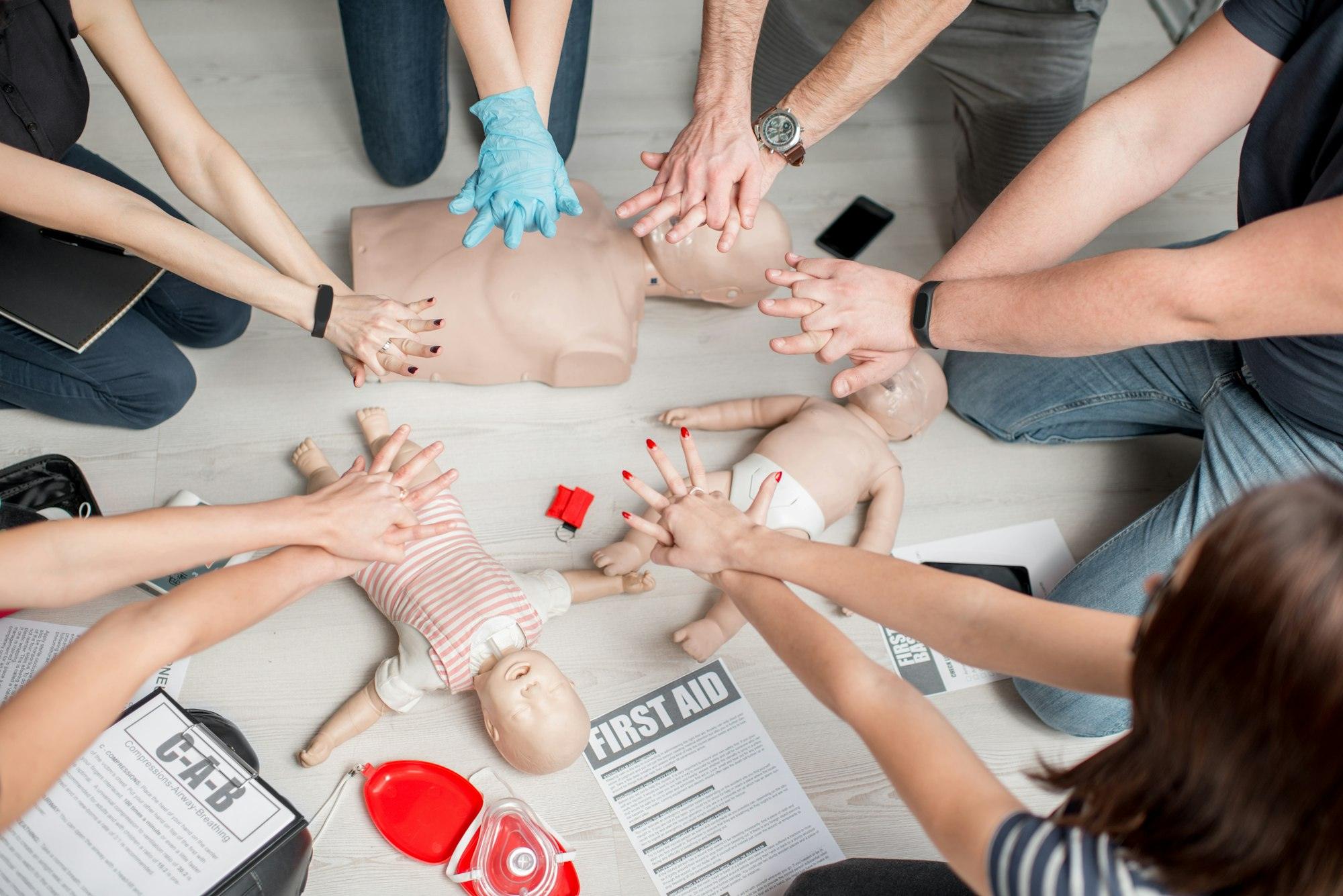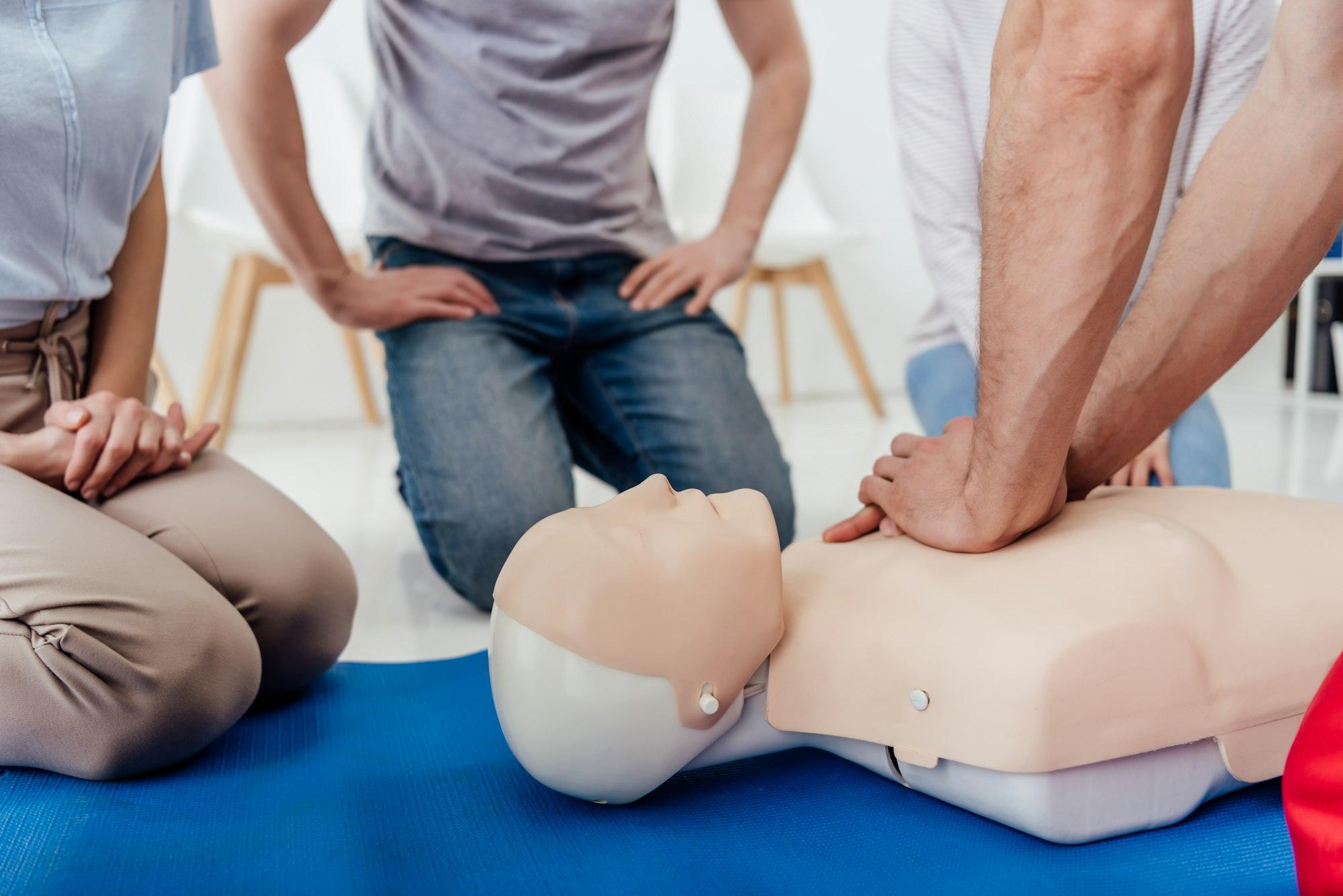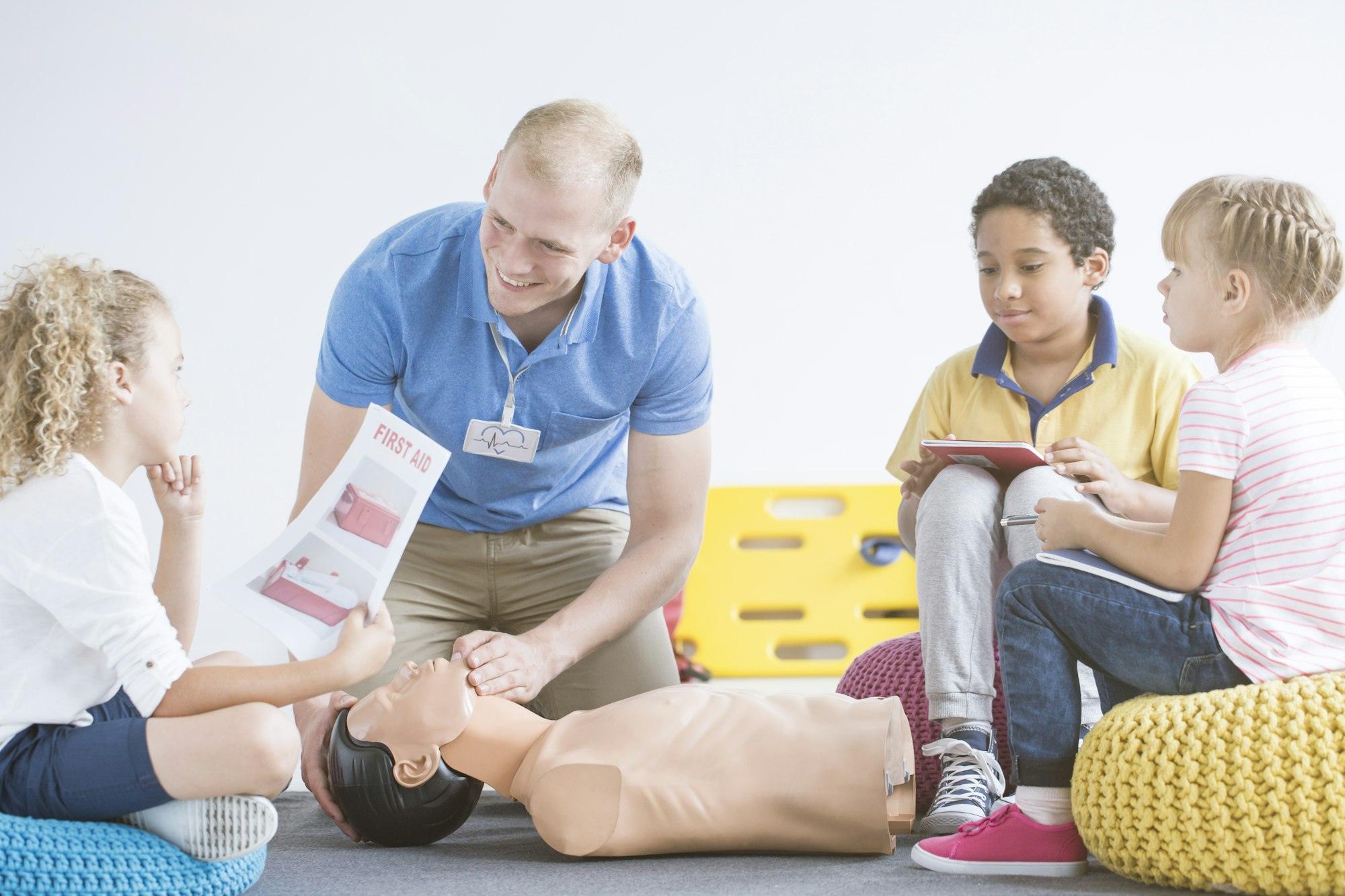Free Functional Skills Diagnostic Assessment English. Our Free Functional Skills Entry Level 3 Diagnostic Assessment English is part of the “the complete How To Support package” for
Functional Skills Entry Level 3 English include;
- Assessment & Tracking in Functional Skills Entry Level 3 English
- Curriculum Models in Functional Skills Entry Level 3 English
- Diagnostic Assessment in Functional Skills Entry Level 3 English
- ‘How To’ Support Materials includes; (16 units) in Functional Skills Entry Level 3 English
Free Functional Skills Diagnostic Assessment English
Unit 01 Vocab & Word Recog, Unit 02 Reading Strategies, Unit 03 Dictionary Skills, Unit 04 Comprehension, Unit 05 Different Purposes of Text, Unit 06 Sources of Information, Unit 07 Skimming & Scanning, Unit 08 Grammar & Punctuation, Unit 09 Grammar & Context, Unit 10 Handwriting, Unit 11 Spelling Strategies & Key Words, Unit 12 Spelling Rules & Phonics, Unit 13 Writing Composition, Unit 14 Writing Grammar, Unit 15 Writing Punctuation, Unit 16 Drafting Organ, Sequenc, Proofreading, User Guide, Routes & Flowchart
- Initial Assessment in Functional Skills Entry Level 3 English
- Learner Materials in Functional Skills Entry Level 3 English includes;
E3 FS Text Matching Exercise, 1 speaking, listening, communication, getting around-activity 1 – speaking, listening, communication, getting around activity 2, speaking, listening, communication getting around tutor notes, 2, text types healthy eating activity 1, text types healthy eating activity 2, text types healthy eating tutor notes, 3, making writing fit for purpose charity money activity, making writing fit for purpose charity money tutor notes, 4, making choices music on the move activity 1, making choices music on the move activity 2, making choices music on the move tutor notes, 5, small group work bank account activity, small group work bank account tutor notes,
- Lesson Plans in Functional Skills Entry Level 3 English
- Quality Assurance in Functional Skills Entry Level 3 English
- Scheme of Work in Functional Skills Entry Level 3 English
Download Free Functional Skills Entry Level 3 Diagnostic Assessment Maths and English
Free Functional Skills Diagnostic Assessment English
Please click here to download the answers and some other free Functional Skills resources you may find useful – please follow the instructions below to gain access
Please see our range of eLearning course HERE
Free Functional Skills Diagnostic Assessment English
- Number Sense: Understanding numbers, counting, place value, and basic operations (addition, subtraction, multiplication, division).
- Geometry: Recognizing shapes, understanding basic properties (sides, angles), and beginning to explore concepts like symmetry.
- Measurement: Learning to measure length, weight, time, and capacity using appropriate tools.
- Data and Probability: Introduction to collecting data, organizing it in charts and graphs, and basic concepts of probability.
- Algebra: Introduction to variables, expressions, equations, and basic functions. Understanding how to solve simple equations and inequalities.
- Geometry: More in-depth study of shapes, area, perimeter, volume, and the Pythagorean theorem.
- Statistics: Understanding mean, median, mode, and how to interpret data sets.
- Ratios and Proportions: Understanding relationships between numbers and solving proportion problems.
- Algebra II: Advanced algebraic concepts, including complex numbers, quadratic functions, and polynomials.
- Geometry: More advanced topics, such as proofs, theorems, and trigonometry.
- Pre-Calculus: Introduction to higher-level topics that prepare students for calculus, including sequences, series, and more advanced functions.
- Calculus: Concepts of limits, derivatives, integrals, and their applications.
- Statistics and Probability: In-depth study of statistical methods, probability theory, and how to analyse data.
- Problem-Solving: Developing strategies for solving a variety of mathematical problems.
- Critical Thinking: Analysing and reasoning through problems to arrive at solutions.
- Logical Reasoning: Understanding and constructing mathematical proofs.
- Real-World Application: Applying mathematics to real-life situations, such as budgeting, scientific measurement, and technology.
Resources
Many schools utilise textbooks, online resources, and interactive tools to help students engage with mathematics. Additional resources, such as tutoring or online educational platforms, can also provide support for students struggling in specific areas.
Mathematics fosters skills that are valuable in daily life and many career paths, promoting logical thinking, analytical skills, and problem-solving abilities.
